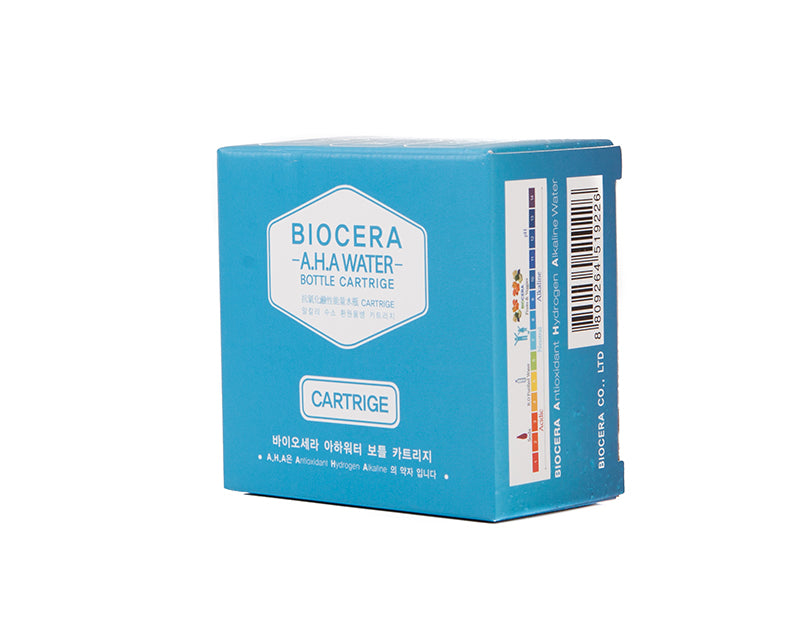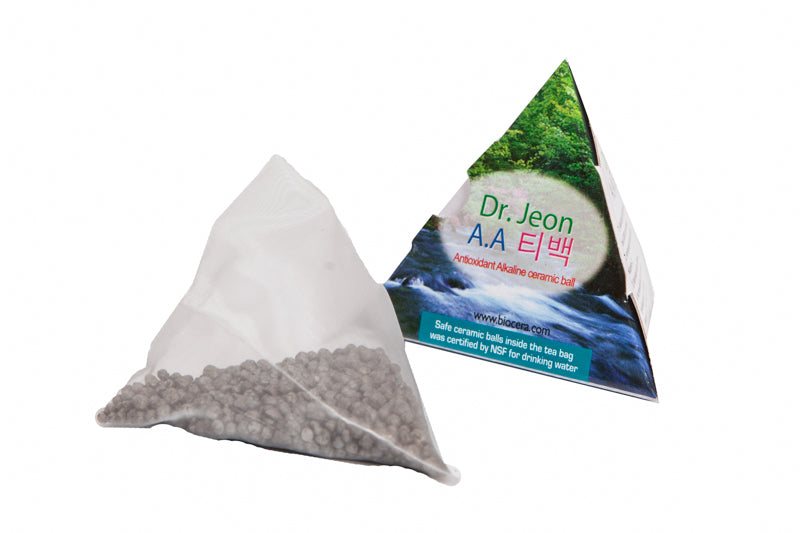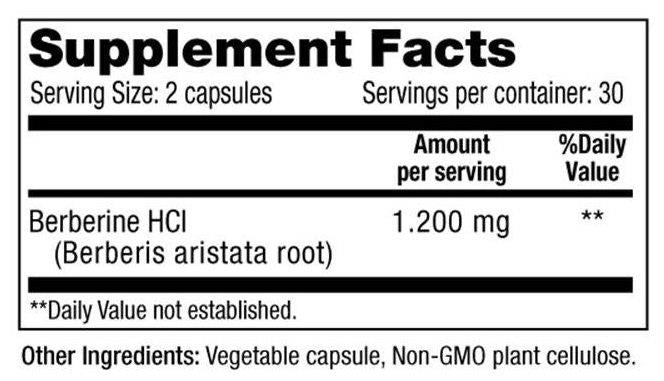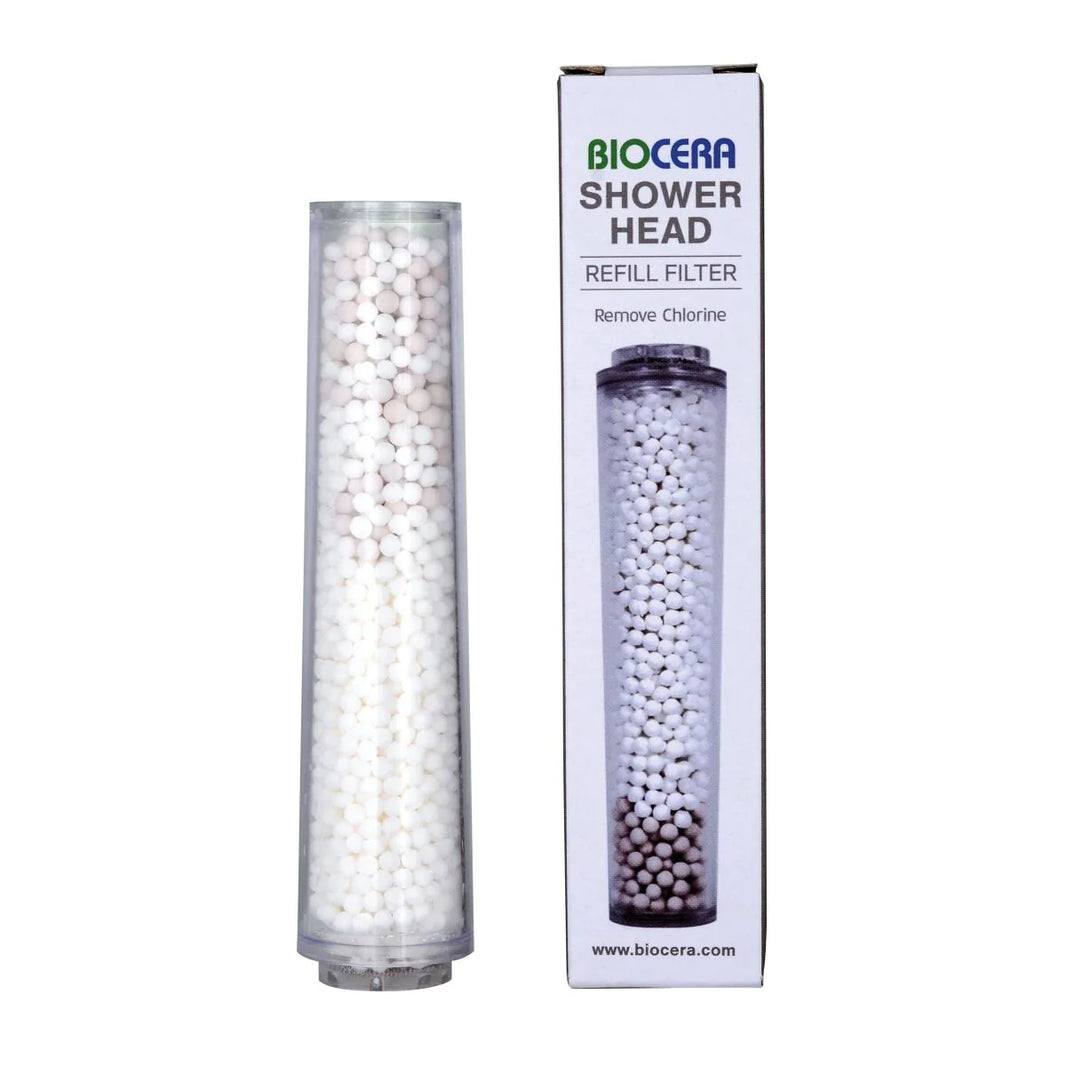Nutrition for the Brain: What to Eat for Brain Function, Mood
Early last year we wrote a long blog article entitled Nutrition for the Heart, covering the best foods to eat for healthy cardiac function. Having updated the article recently, it made sense to us to craft something of a companion piece focusing on nutrition for that other vital organ: the brain!
Just as decades of research and insights have led to a broad understanding of the best diets for heart health, there is a great deal we know about nutrition for the brain.
In this article, we intend to summarise some of that research while making dietary recommendations for those who are concerned about preserving mental function well into their senior years.
Which Nutrients Contribute to Brain Function?
Before we look at which foods are beneficial for brain health, we’d like to hone in on specific nutrients which have been shown to nurture the brain in some sense.
Although it is not, in our opinion, a definitive guide, the EU Register on Nutrition and Health Claims is, at any rate, a useful (if incomplete) archive of nutrients and their relationship to health. As far as brain function is concerned, several nutrients are covered in the document.
Docosahexaenoic Acid (DHA)
There are a few claims for DHA in the EU Register. Firstly, “DHA contributes to maintenance of normal brain function.” Secondly, “DHA maternal intake contributes to the normal brain development of the foetus and breastfed infants.”
DHA is, of course, a type of omega-3 fatty acid most commonly found in oily, fatty fish but also in flax, pumpkin and chia seeds, walnuts and soya beans.
The human brain is composed of 60% fat, with half being of the omega-3 variety. It is therefore no surprise that DHA is deemed vital for our brains, which utilise such nutrients to forge cells and aid our capacity to memorise and learn.
The neurologist Dr. David Perlmutter has noted that “DHA not only turns on the growth of new brain cells, but offers protection for existing brain cells while it enhances the ability one brain cell to connect to the next, a process called neuroplasticity.”
Dr. Perlmutter “generally recommends at least 800mg of DHA for adults and oftentimes even more.”
According to a 2018 study, children with higher whole blood levels of both DHA and total omega-3 were more likely to pass a Dimensional Change Card Sort (DCSS) test, the kind used to determine “executive function”.
Executive function defines the ability to plan and organise, recall facts, multi-task, pay attention and switch focus. What’s more, there is some evidence that DHA helps to improve reading ability and reduce behavioural problems in children.
For more on the specific brain health benefits of DHA, and omega-3s more generally for young people, take a look at our article on the topic.
It is interesting to note that DHA is the only individual nutrient which carries the “contributes to maintenance of normal brain function” claim, although the macronutrient carbohydrate also carries the claim. This may ring alarm bells for those who pursue low-carb and ketogenic diets: later in the article we’ll look at how such diets affect brain health in general.
The EU Register is rather densely worded, and although the usage of the brain function claim is limited, the following nutrients are said to “contribute to normal cognitive function.”
Iodine
The role of iodine in brain health is perhaps best highlighted by alluding to an unfortunate fact: iodine deficiency is the most prevalent and preventable cause of mental impairment in the world.
Iodine mediates the effects of thyroid hormones on brain development and influences multiple structures and systems including neurotransmitters and the hippocampus.
In particular, iodine is needed for the production of thyroid hormones T4 and T3. Interestingly, studies highlight a link between low T3 and low serotonin.
A trace element, iodine is especially vital for pregnant mothers due to its role in the foetal development process.
As with DHA, iodine isn’t naturally produced by the body: it must be obtained from the diet. Food sources include cow’s milk, seafood, sea vegetables and iodised table salt.
There is some evidence to show that iodine supplements can improve brain power in children suffering from even modest deficiencies.
Iron
As noted in a 2014 review paper, “iron is involved in many fundamental biological processes in the brain including oxygen transportation, DNA synthesis, mitochondrial respiration, myelin synthesis, and neurotransmitter synthesis and metabolism.”
As with iodine, iron deficiency is a well-established cause of impaired cognitive, language and motor development. What’s more, variations in iron levels appear to correspond with differences in brain structure integrity.
This is partly due to the fact that myelin, the insulating layer that sheaths nerves in the brain, has a high iron content.
Research suggests that the dietary iron you eat as a teenager can protect brain integrity later in life.
Zinc
Zinc plays an essential role in regulating communication between brain cells and may also be involved in governing memory formation: the highest concentrations of brain zinc are located among neurons of the hippocampus, the ‘nerve centre’ of learning and memory.
Unsurprisingly, chronic zinc deficiency has been linked to Parkinson’s and Alzheimer’s. Well-powered clinical studies (including this one) have also demonstrated the benefits of supplemental zinc for depression.
Water
The brain is mostly water (80%), and proper hydration is better than just about anything for cognition and concentration.
Water helps with memory retention and mood, while increasing blood flow and oxygen to the brain. It can reduce headaches and anxiety and improve problem-solving.
It should go without saying, but making sure you drink enough water every day is very important for brain health, just as it is for general health.
Although the aforementioned nutrients are the only ones mentioned as having any benefits for the brain in the Register, a body of evidence shows positive associations between other nutrients and brain function.
Most particularly, nutrients like EPA (a vital hormonal component of brain cells), vitamin C, vitamin D, magnesium and B vitamins.
What to Eat for Brain Health
In general, eating a diet high in vegetables, fruits and whole grains appears to be beneficial for long-term brain health. In this respect, a brain-healthy diet is not all that dissimilar from a heart-healthy diet.
That said, there are some differences and certain foods which appear to be more central to brain health than heart health. Indeed, there are several foods which appear to offer a protective effect against age-related disorders such as Alzheimer’s and dementia.
Eating mushrooms more than twice a week, for example, may prevent memory and language problems occurring in over-60s. This is due to the presence of a unique antioxidant in mushrooms.
Low DHA levels have been repeatedly linked to a heightened risk of Alzheimer’s and memory loss, again emphasising the value of including fatty oily fish in your diet.
Other foods which are commonly touted for their brain health benefits, usually due to their antioxidant and anti-inflammatory properties, include blueberries, blackcurrants, leafy greens, turmeric, tomatoes, avocados, nuts and pumpkin seeds, oranges, eggs, dark chocolate and both coffee and green tea.
If you are keen to preserve brain health throughout your life, it’s as much about what to avoid as what to add to your basket. With this in mind, swerve – or try to limit your consumption of – pro-inflammatory oils like canola and sunflower, fried foods and trans fats, sugar-sweetened drinks, refined carbs and alcohol, the latter of which is a nervous system depressant.
Eating a poor diet can set the stage for cognitive decline including memory problems and, yes, even Alzheimer’s. Maintaining a healthy weight is also important, as evidenced by a 2019 study showing that excess pounds on the body equates to less brain volume.
Nutritional Psychiatry: Can Good Food Boost Mood?
Coined to describe the positive effect of food on markers of depression, nutritional psychiatry is a burgeoning field of research that offers hope to the tens of millions of people currently using antidepressant medication.
Numerous studies show that diets largely composed of the nutritious foods mentioned earlier – namely fish, vegetables, fruit and unrefined whole grains – correlate with low depression and anxiety.
The SMILES trial, published in 2017, was just one of them: 67 depressed people were recruited and given either sessions with a clinical dietician or ‘social support’. After three months, a third of the nutrition group were in remission, compared to just 8% of the social support group.
There was also a study of 60,000 Australians by the University of Sydney which showed that every extra vegetable you add to your plate lowers overall stress levels by 5%.
The World Journal of Psychiatry, meanwhile, identified a dozen ‘antidepressant nutrients’ in a 2018 paper investigating the potential for foods to both prevent and treat depressive disorders. They were: iron, omega-3 fatty acids, magnesium, vitamin C, potassium, selenium, zinc, vitamin A, thiamine (a.k.a vitamin B1), vitamin B6, folate (a.k.a vitamin B9) and vitamin B12.
The highest-scoring foods, incidentally, were oysters, mussels and other seafoods; organ meats; leafy greens, lettuces, peppers and cruciferous vegetables.
The role of our gut microbiota has been increasingly highlighted in recent years, with the term ‘mind-gut connection’ achieving popularity. It essentially describes the bidirectional links between the state of the gut and the brain: the influence of intestinal organisms on neurotransmitter production; the role of the cranial nerve extending from brain stem to abdomen.
Serotonin, the so-called feel-good hormone, is predominantly manufactured by nerves in your gut. Thus, the importance of maintaining gut health to promote mental function is quite clear.
Much has been written about the mind-gut connection, and the possible role probiotics have to play. The reasoning goes something like this: if we can positively influence our microbiome by introducing probiotics, perhaps we can improve mood and protect the ageing brain.
Fermented foods such as sauerkraut, yogurt, kimchi and kefir are the best dietary sources of probiotics, but if you’re going to incorporate a supplement, go for a high-strength option like Progurt: it contains considerably more beneficial bacteria than any other, and its bacterial strains are human-origin. Just disperse a sachet in water and drink.
Low-Carb Diets and Brain Health
As mentioned earlier, carbohydrates are the only macronutrient cited by the EU Register on Nutrition and Health Claims as having a tangible benefit for the brain. However, those largely eschewing carbohydrates needn’t worry.
On a carb-restrictive ketogenic diet, the brain is mainly fuelled by ketones rather than glucose from carbohydrates.
However, it can still obtain glucose from the body’s natural process of gluconeogenesis, facilitated by the liver.
Indeed, there is a widening body of clinical evidence highlighting the benefits for the brain of low-carbohydrate diets – specifically for psychiatric and cognitive disorders.
In one groundbreaking study from 2018, people with mild Alzheimer’s disease were able to improve their brain function by eating a ketogenic diet and thus elevating their blood ketone levels over a three-month period.
The take-home? Carbs can fuel the brain, but they aren’t the only source. For a snapshot of the research in this field, this Healthline article is a valuable resource.
Conclusion
Brain function is undoubtedly food- and water-dependent. However, it is challenging to comprehensively describe the various mechanisms at work.
What is clear is that we can, to a large degree, protect our brains and fend off depression by paying close attention to the food that goes in our mouth; by drinking plenty of water; and by assiduously ensuring we avoid nutritional deficiencies.
If you need to quickly reverse a deficiency, meanwhile, a high-quality supplement is a good place to start.
Water for Health Ltd began trading in 2007 with the goal of positively affecting the lives of many. We still retain that mission because we believe that proper hydration and nutrition can make a massive difference to people’s health and quality of life. Click here to find out more.



























Leave a comment